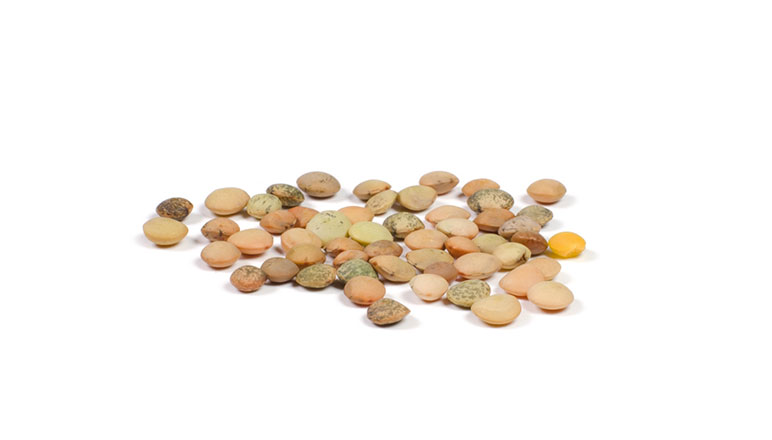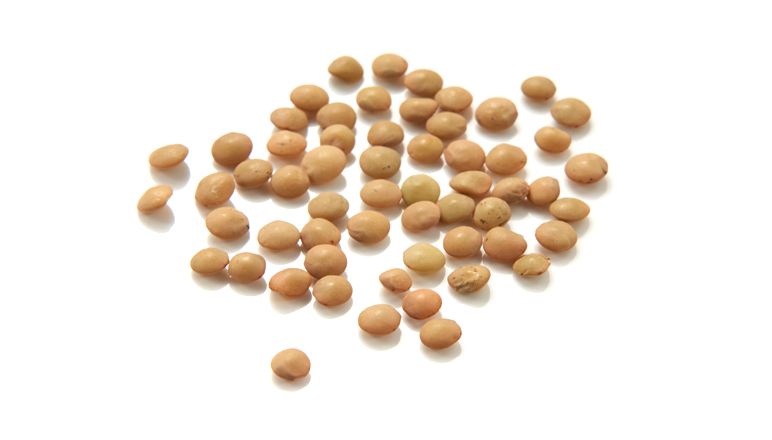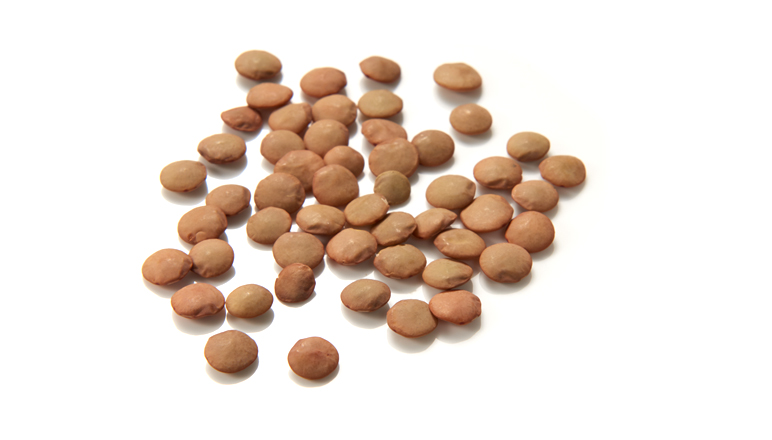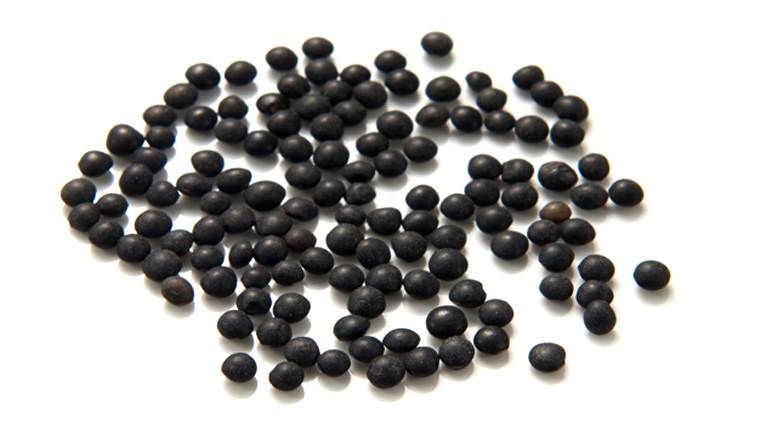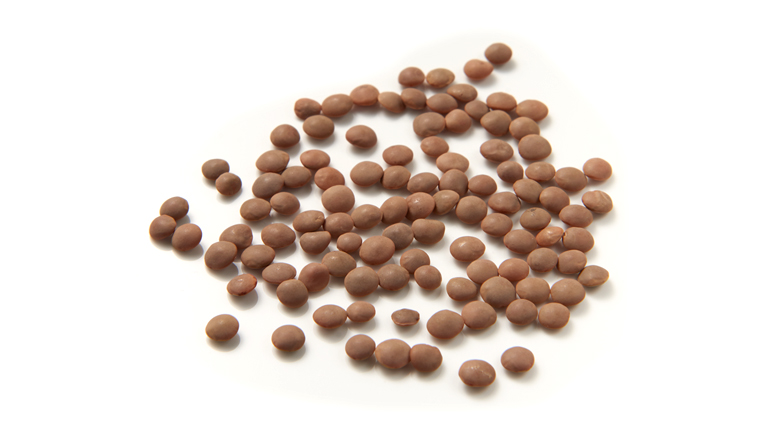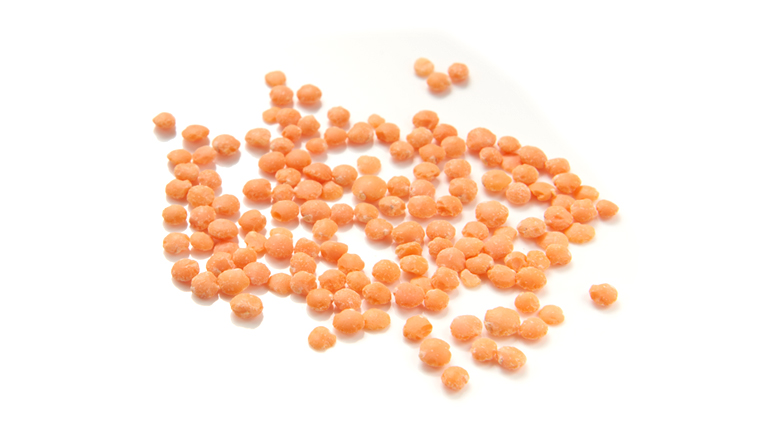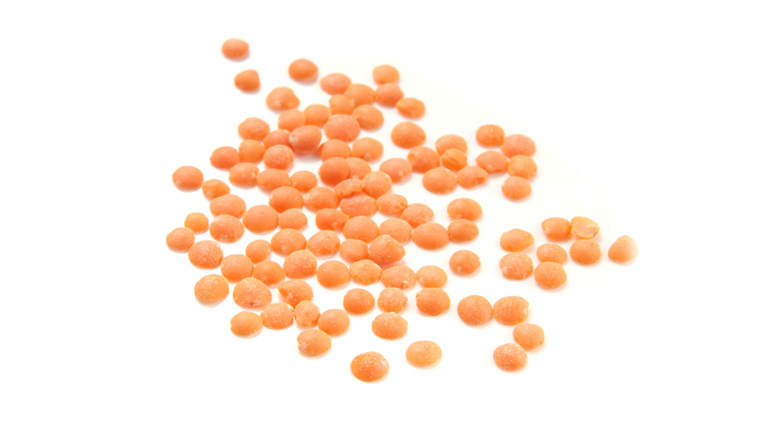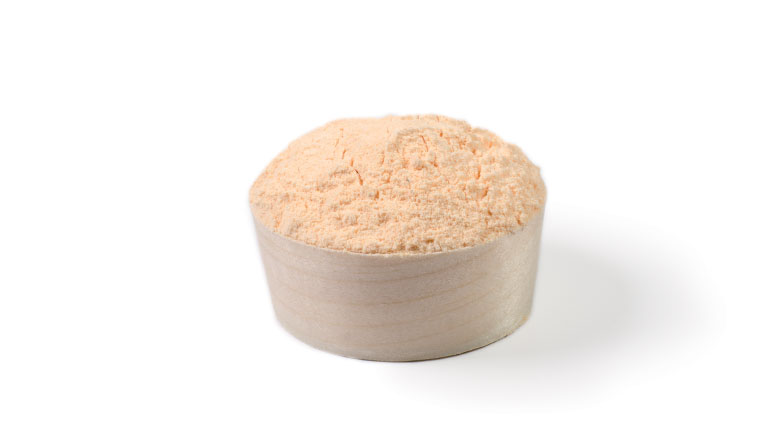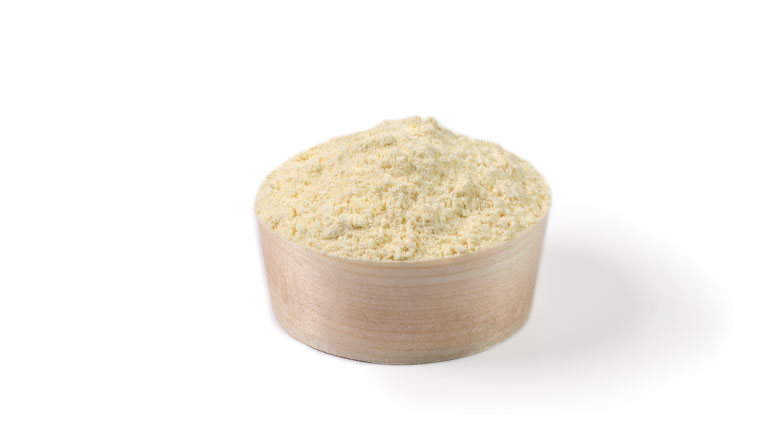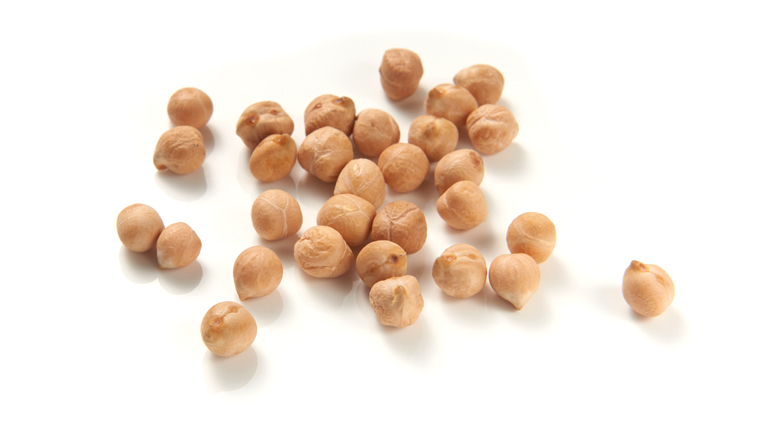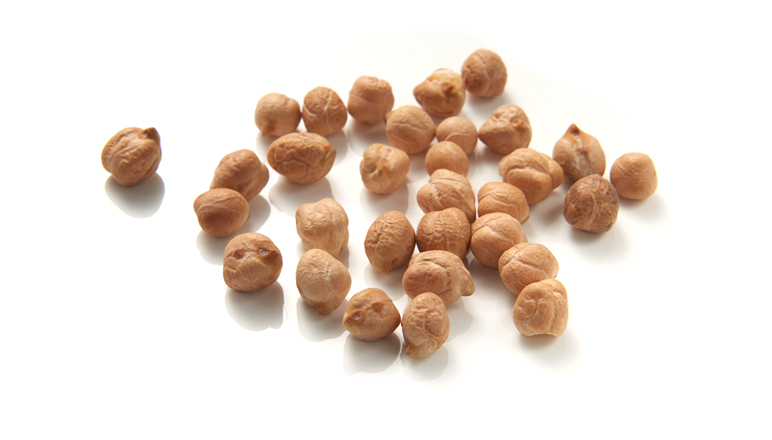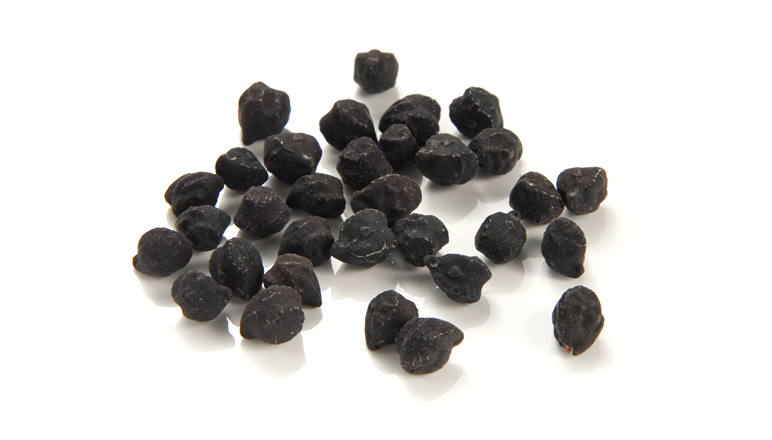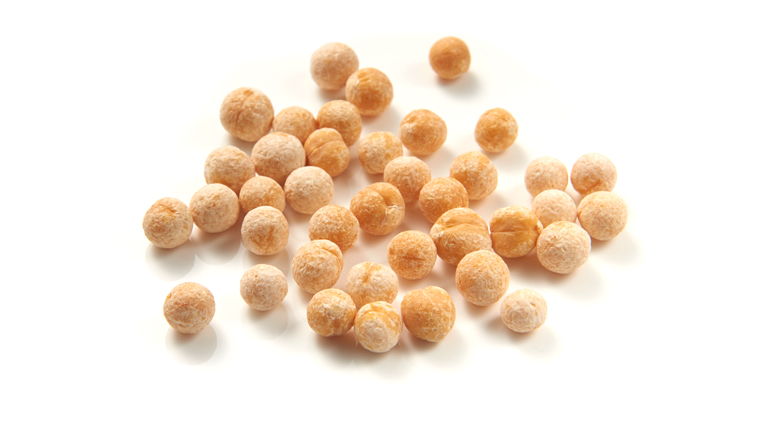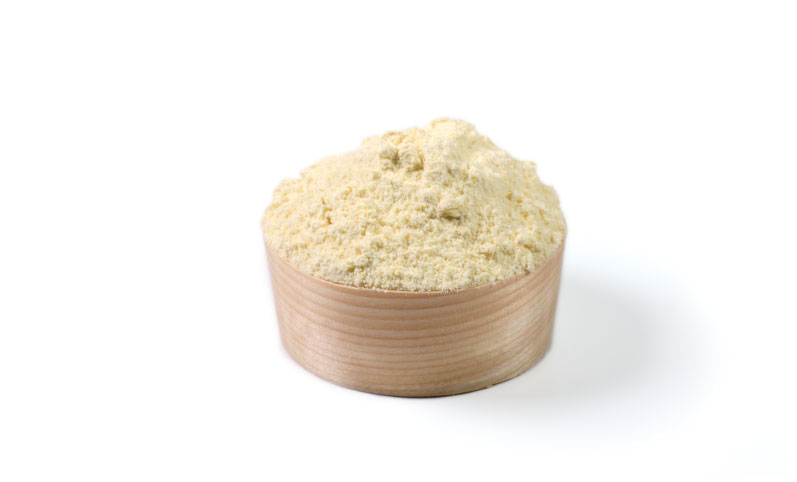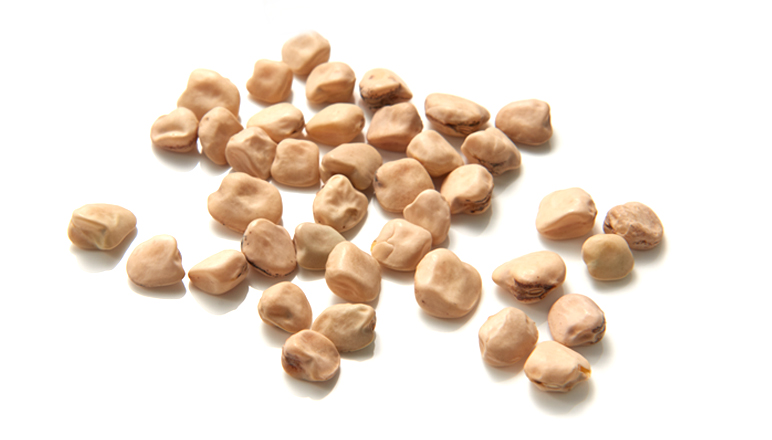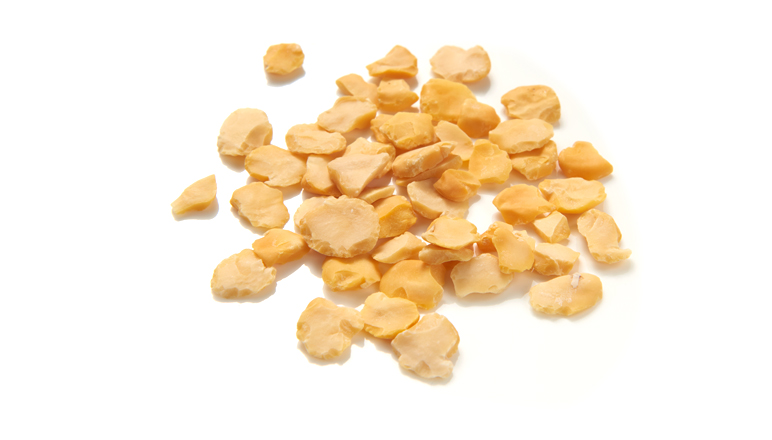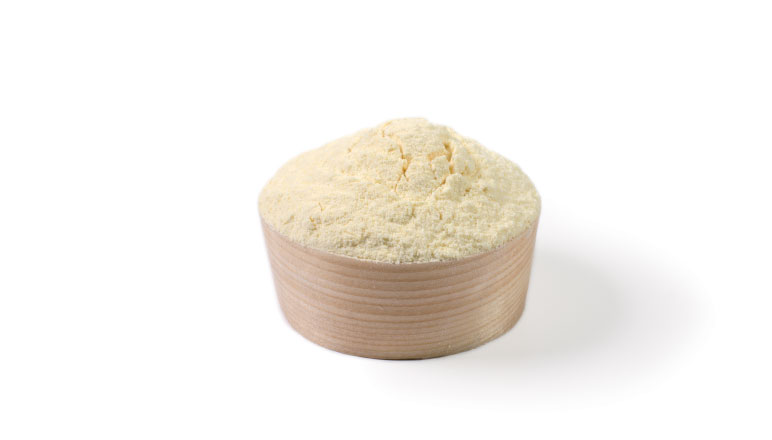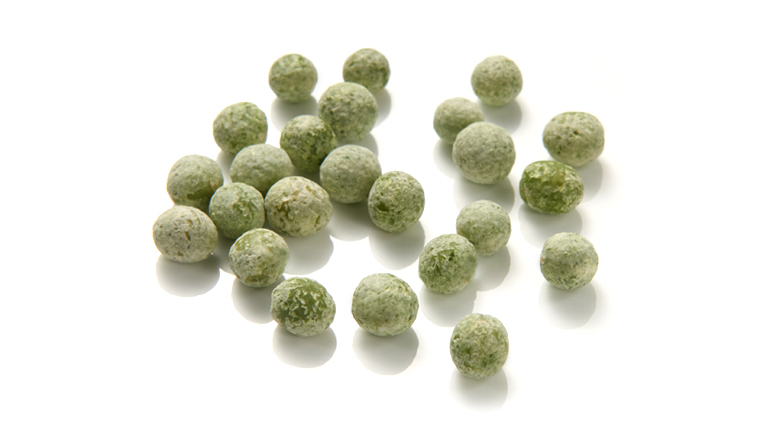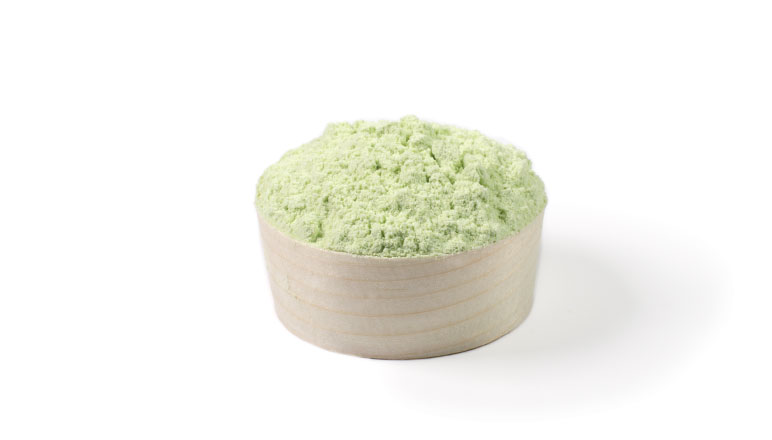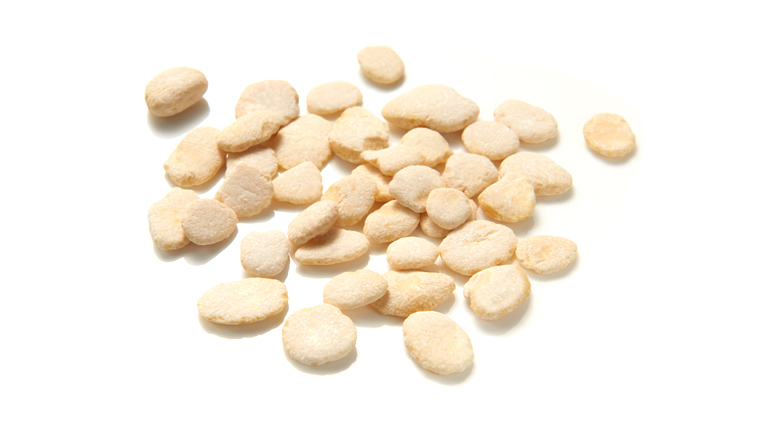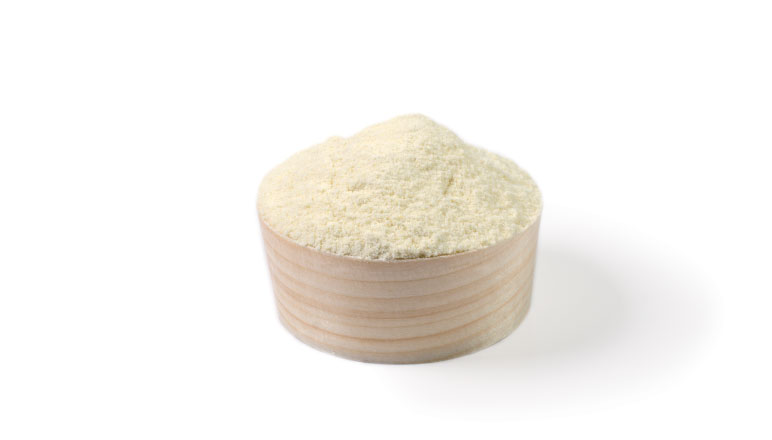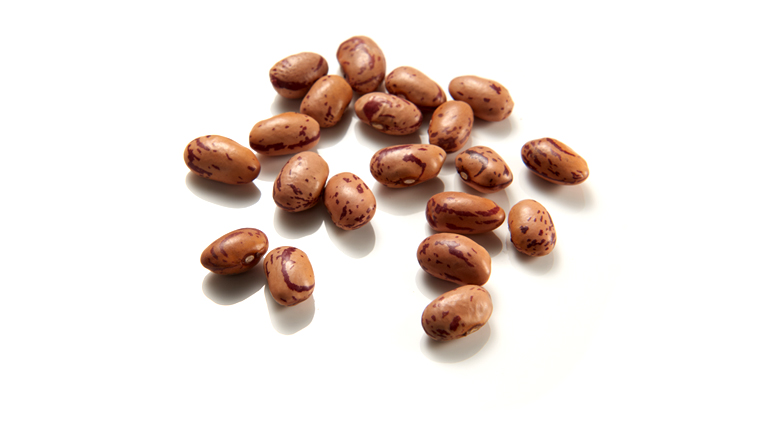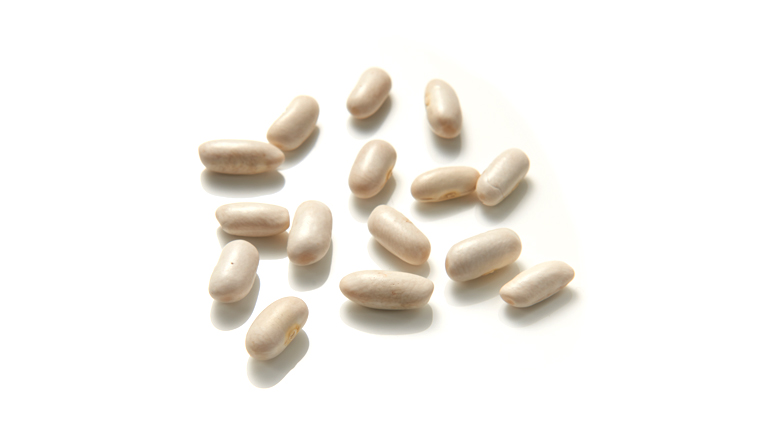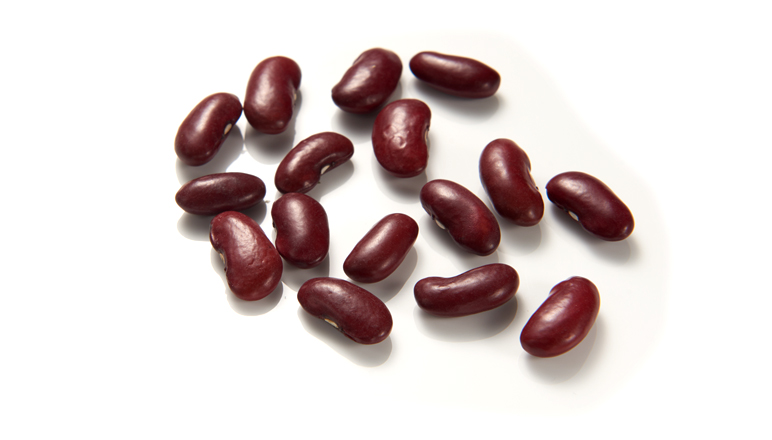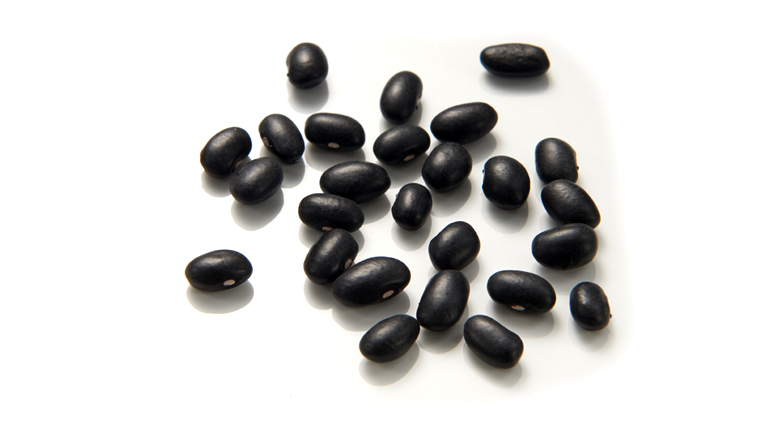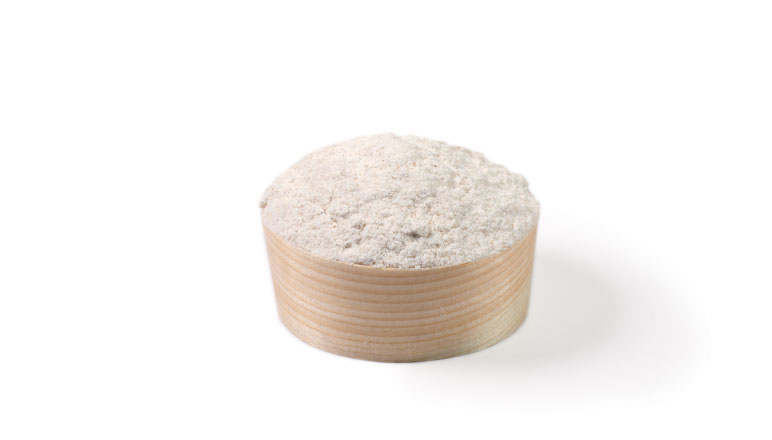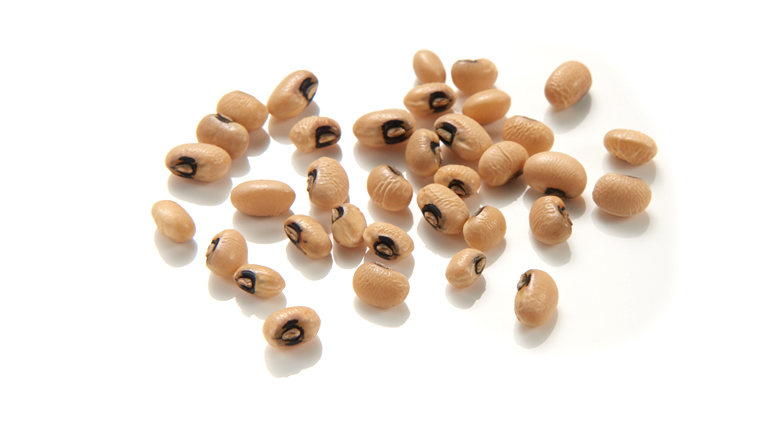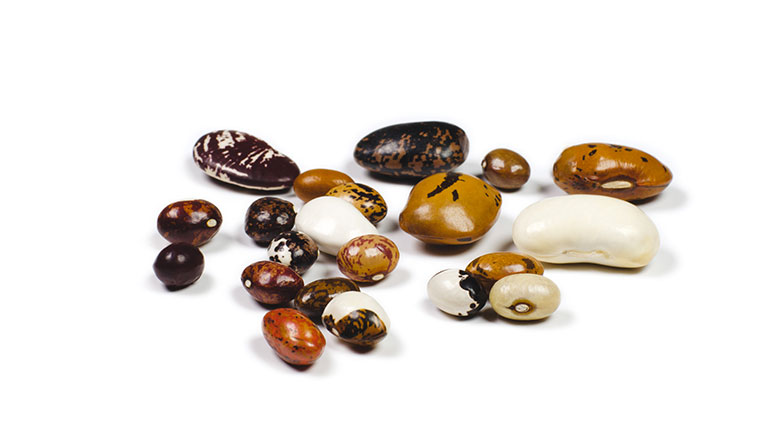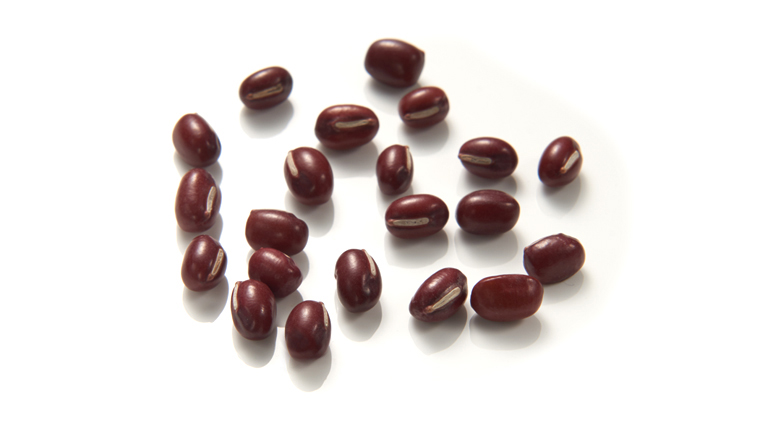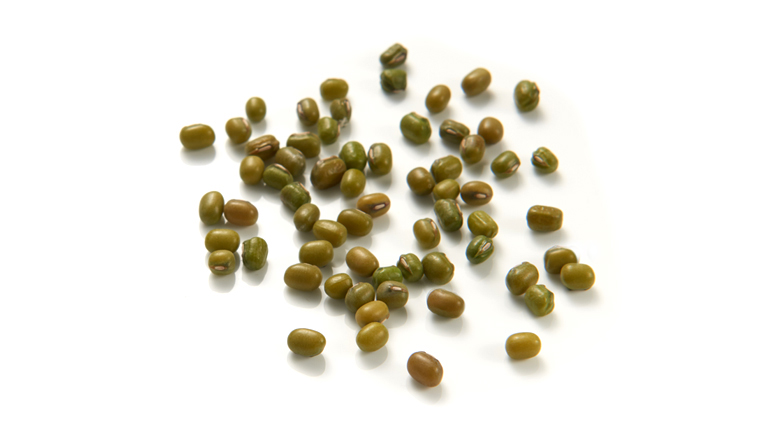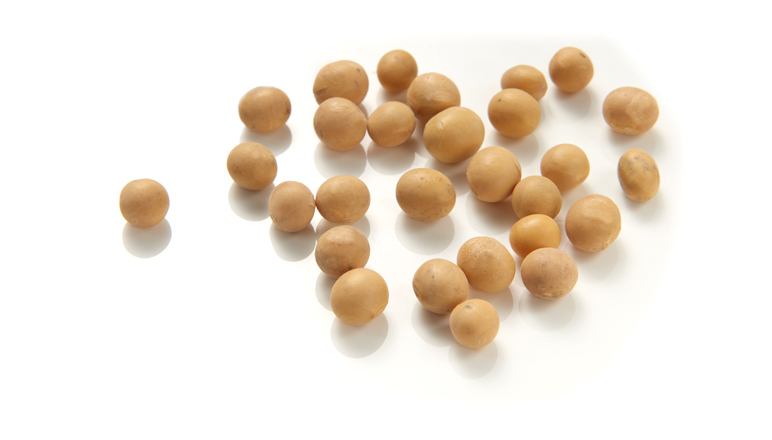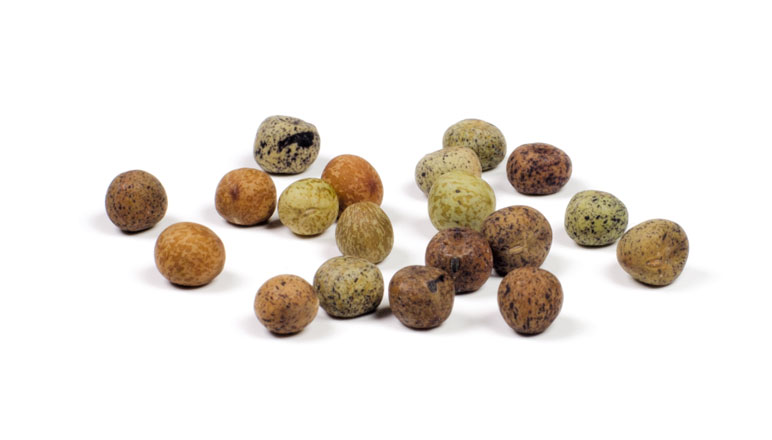LEGUMES
lentils | chickpeas | beans | peas | broadbean | soybean | cicerchia – chickling
HISTORY
Legumes are annual herbaceous plants belonging to the Fabaceae family, whose seeds are rich in protein and represent, since the dawn of civilisation, a primary source of sustenance for humans.
Widespread throughout the world, the origins of human-made Legumes are to be found in different regions of the planet: the beans of the genus Phaseolus come, in fact, from Central America while those of the genus Vigna are native to the Mediterranean regions and Asia. The broad beans, peas, chickpeas and lentils, on the other hand, have been domesticated in ancient times in the area of the Fertile Crescent to spread rapidly throughout the Mediterranean basin; finally, soya finds its origins in the Far East.
In Italy, Legumes are grown mainly in central and southern regions, where, especially in organic farming, they represent principal crops in rotations as the ability of the legumes to fix nitrogen in the soil in the soil makes them improving plants that increase the soil fertility.
OUR LEGUMES
Our Italian Legumes come exclusively from controlled supply chains, and over 75% of the product is commissioned to trusted farmers with which we maintain direct collaboration. The processes of transformation of Legumes take place integrally in our factory in Spoleto, where we process only the sorting, hulling and milling of gluten-free products.
To obtain Hulled Legumes is necessary to remove the outer part of the seed through a mechanical process. In this case, the amount of fibre decreases thus making hulled Legumes easier to digest and faster to cook. Moreover, through an innovative process, we can provide whole hulled Legumes, which preserve the integrity of the seed.
Legume Flours are the final result of natural stone milling of the seeds: thanks to the low temperatures maintained during the process, the nutritional and organoleptic qualities of the products remain intact in the flour.
NUTRITIONAL FACTS
Legumes are naturally gluten-free and high in protein, which is why are often present in vegetarian and gluten-free diets; besides, the low fat and sugar content, makes them particularly suitable for low-calorie diets.
Their nutritional properties include the presence of antioxidants, B vitamins, C, E, PP and essential minerals such as iron, manganese, copper, calcium, potassium and magnesium. Finally, besides being fundamental in the regulation of digestive functions, Legumes are rich in fibres, which contribute to the control of cholesterol and glucose levels in the blood.
Legumes also contain unsaturated fatty acids (omega-3), particularly beneficial for the cardiovascular system as they prevent the accumulation of triglycerides in the blood.


